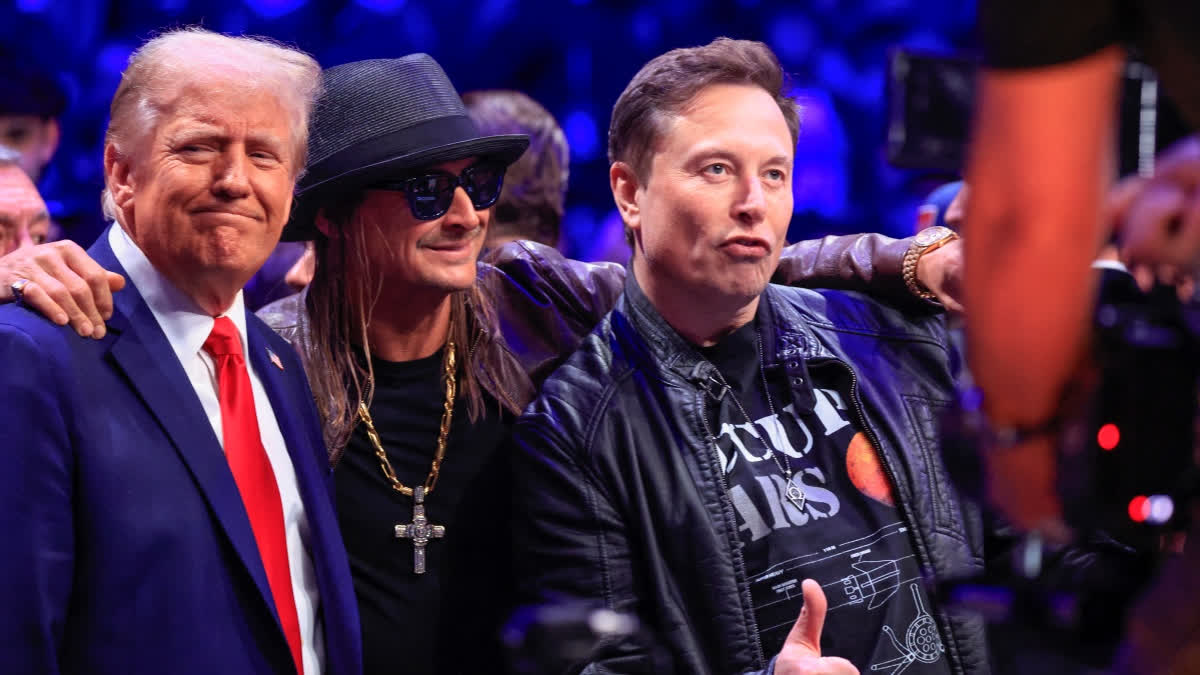Washington: The world's richest man, Elon Musk, has been an ever-present sidekick for President-elect Donald Trump since the US election at the start of the month. "I can't get him out of here," Trump joked about Musk at his Mar-a-Lago resort in Florida last Thursday. "I like having him here as well. He's done a fantastic job, an incredible mind."
But can the bromance between the world's wealthiest man and the soon-to-be US president survive some major policy differences and their own combustible personalities? AFP looks at six possible areas of friction:
Who's the boss?
Musk is famed for his manic working habits and self-described "hardcore" style, running his companies as personal fiefdoms in which his authority is rarely challenged. From factory production lines to the boardroom, he is used to getting his way with an abrasive style that sees him fire people on the spot and sometimes insult their intelligence in public.
Trump, also a tycoon fond of firing and humiliating people publicly, demands total loyalty and has chafed against sharing the limelight with others in the past. He also likes to play his advisors and cabinet members against each other, former aides say.
Musk reportedly had a first public row with Trump transition official Boris Epshteyn last week, according to the Axios news site. And he openly endorsed brokerage billionaire Howard Lutnick for US Treasury secretary on Saturday, setting up an early test of his influence.
Climate change
Musk invested in Tesla in 2004 partly out of concern about global warming. In 2017, he resigned from Trump's business advisory councils to protest the then-president's decision to pull the United States out of the Paris climate change accord.
"Climate change is real. Leaving Paris is not good for America or the world," Musk wrote on Twitter at the time. Trump, who has called climate change a "hoax," is widely expected to abandon US commitments again after President Joe Biden re-joined the Paris Accord in 2020.
Musk has shifted his views recently, telling Trump during a live conversation on X in August that "if 50-100 years from now we're mostly sustainable I think that will probably be OK." The world's top climate scientific body, the UN's IPCC, says average global temperatures are on track to reach 1.5C above pre-industrial times in the early 2030s, a key level with major consequences for ecosystems.
Energy transition
